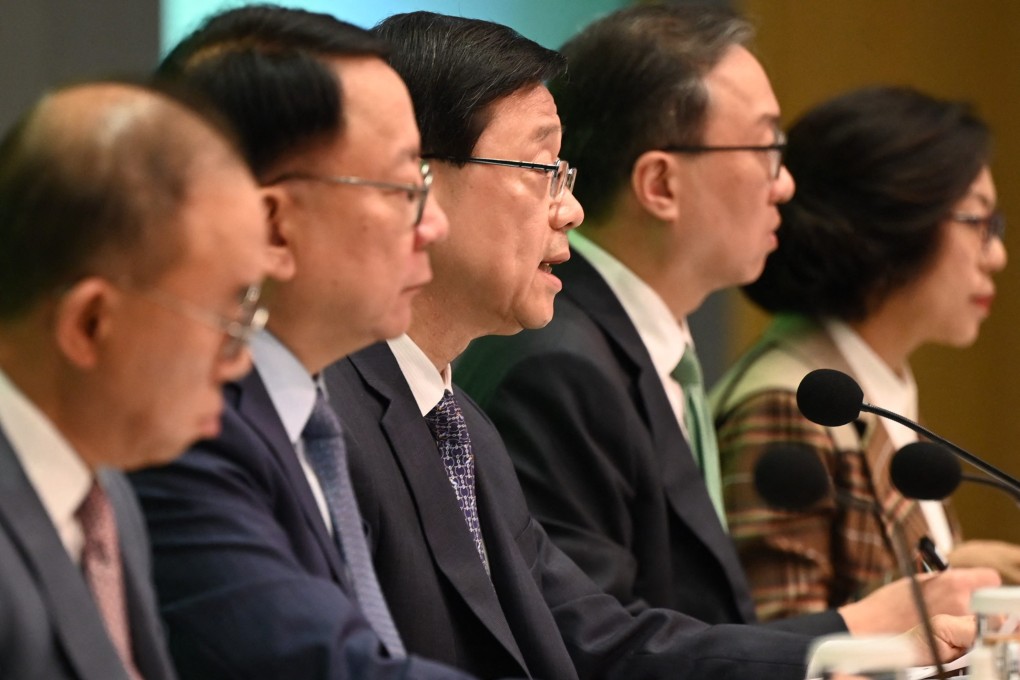Opinion | Hong Kong government has failed to tell story of new district councils well
- The administration should have shut down ‘district councils’ altogether, given that its proposal to overhaul them will face little resistance in the Legislative Council
- As it is, the government’s failure to rename and rebrand the district-level bodies has led to the criticism that the overhaul is a ‘regression’

It seems the only tool in its kit is expectation management, which basically comes down to the government letting word out of what to expect or how little to expect, so that by the time its plans are officially unveiled, the public won’t be caught by surprise.
In this case, talk of drastically reducing the number of elected seats and reintroducing appointed seats had been circulating for a long enough time. But that’s not good enough.
The government has failed to tell the story of the new district councils well. It has regurgitated the story of the old district councils, which goes something like this: separatists used district councils as a platform to promote separatism, thus turning the councils, whose sole function is to serve residents, into national security risks.

